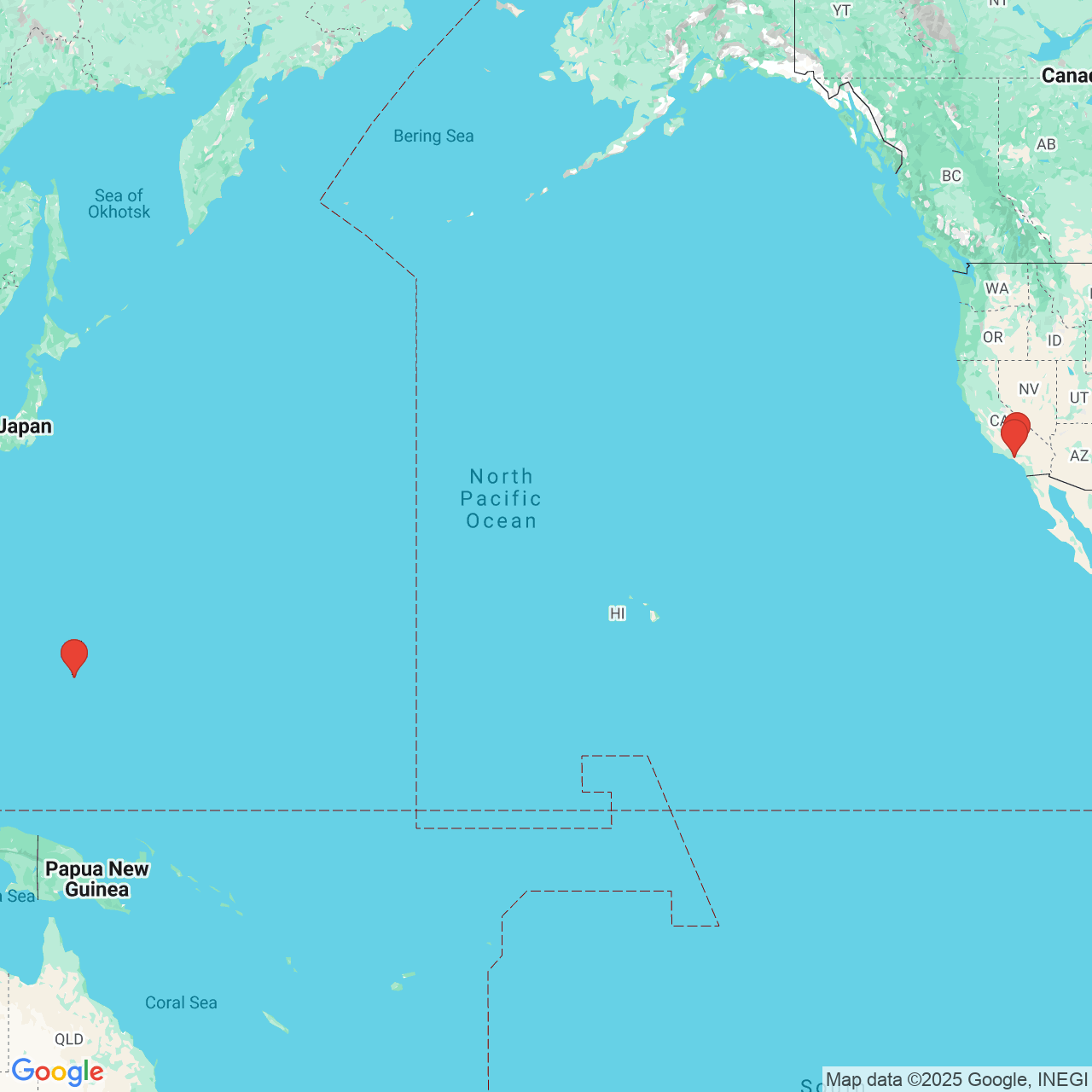Avastin for Macular Degeneration
 Dr. David Parks has helped countless patients in the Beverly Hills, CA area see clearly and prevent further vision loss. His years of experience treating all kinds of retinal diseases and his emphasis on patient-centered care has benefited countess people in the area.
Dr. David Parks has helped countless patients in the Beverly Hills, CA area see clearly and prevent further vision loss. His years of experience treating all kinds of retinal diseases and his emphasis on patient-centered care has benefited countess people in the area.
The team at Pacific Retina Specialists would like to consider the treatment of macular degeneration, specifically the use of the drug Avastin to prevent further age-related vision loss. We hope this offers you a basic understanding of what macular degeneration is and how this drug can help manage the condition.
The Basics of Macular Degeneration
Also known as age-related macular degeneration (ARMD/AMD), macular degeneration involves the breakdown of the macula, which is located in the central part of the retina. The macula is the part of the eye that is responsible for clear central vision.
Macular degeneration is the leading cause of preventable vision loss in people age 60 and older. The American Academy of Ophthalmology (AAO) estimated that around 2.1 million Americans suffer from late stages of AMD, while 9.1 million Americans suffer from early stages of AMD.
While the vision loss from AMD is irreversible, catching it early and treating the condition can maintain a person’s vision quality and prevent severe vision loss later in life. That’s where Avastin comes into play.
About Avastin
Avastin (bevacizumab) is a drug that was originally developed and approved by the FDA to treat colorectal cancer. The drug is also currently approved for off-label use to treat wet AMD, which is less common than dry AMD.
How Avastin Works
Avastin is an anti-vascular endothelial growth factor (or anti-VEGF) drug that is injected into the patient’s eye. It reduces the level of specific proteins that promote the growth of excessive blood vessels in the retina and macula.
Good Candidates for Avastin
Good candidates for Avastin are people who suffer from wet AMD. During a consultation at our Beverly Hills retinal treatment center, we will assess your current stage of AMD and determine if Avastin or another type of treatment may be most ideal for you.
Side Effects of Avastin
Common side effects of Avastin include:
- Red eye
- Light sensitivity
- Eye pain
- Eye irritation
- Gritty sensation in the eye
- Blurry vision
- Floaters
- Seeing double
The Risks of Avastin
In addition to the above side effects, it is possible that Avastin patients will experience a higher risk of:
- Eye infection
- Cataracts
- Retinal detachment
We can go over these side effects and risks with you in greater detail as part of the consultation process. The benefits of slowing down the progression of wet AMD typically outweigh the risks for many patients.
How Does Avastin Compare to Lucentis?
Avastin on the radar of many eye care specialists because it’s a much more affordable alternative to Lucentis (ranibizumab), another wet AMD drug. Interestingly, Lucentis was developed specifically to treat AMD.
The clearest difference to the consumer with AMD was the cost of the two drugs. An average dose of Avastin only cost about $50; Lucentis could cost up to $2,000 per dose.
The controversy over the two drugs was enough to cause the National Eye Institute (NEI) to issue a statement regarding the two AMD medications. The NEI statement essentially said that both drugs offered equivalent results when treating wet AMD.
Learn More About Macular Degeneration Treatment
If you live in Beverly Hills and would like more information about treating macular degeneration and other retinal conditions, be sure to contact a retinal care specialist and eye doctor. The team at Pacific Retina Specialists can be reached by phone at (310) 289-3666.


